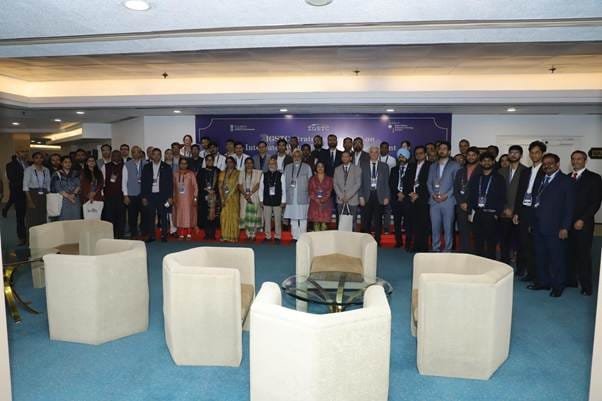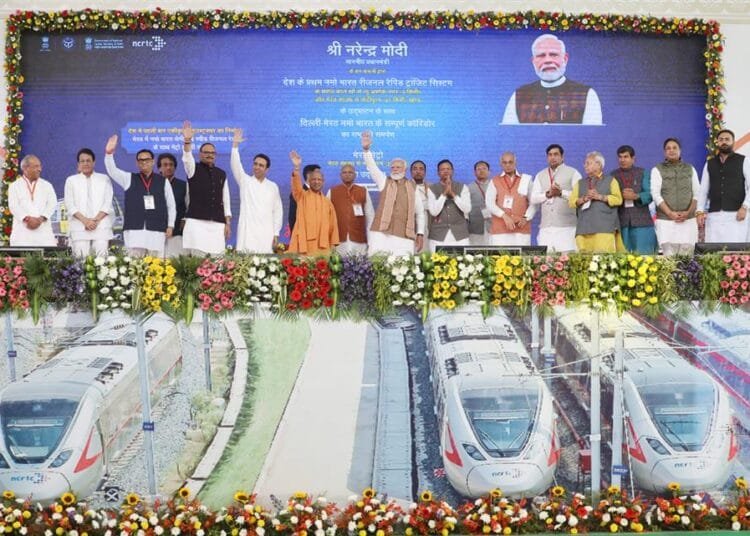MACE report: 414 projects suffers cost overruns
India will be spending US$500 billion a year to accommodate its rapidly expanding population by 2030, according to a data in ‘A Blueprint for Modern Infrastructure Delivery’ report authored by international construction and consultancy company, Mace.
By Q1 FY21 end, there were 1,698 Central projects under implementation across India – 469 mega projects (each costing Rs.1,000 crore and above) and 1,229 major projects (each costing about Rs.150 crore but Rs.1,000 crore).
Of these, 414 projects are suffering from cost overruns of Rs.433,762.29 crore, which is 66.71% of their sanctioned cost.
“Construction halt, labour shortage and revocation of toll collection were some of the major challenges India’s infrastructure sector has faced due to the COVID-19 lockdown since March,” elaborated Anuj Puri, Chairman for ANAROCK Group on the report.
“The government’s focus has shifted primarily towards building healthcare infrastructure to accommodate the pandemic’s fallout. Even now, after a staggered easing of lockdown rules over the last months, major infrastructure work across the country haven’t resumed usual pace.
“In India, there is a very real need to ensure timely implementation. Many of India’s infrastructure projects were already delayed even before the pandemic,” said Puri on 3 Nov 2020.
“Around the world, a good infrastructure is vital for socioeconomic prosperity, both directly through investment and jobs, and indirectly through a thing like improvements to transport connectivity and access to clean water. India is no different and, unfortunately, not all infrastructure projects are properly planned and delivered, resulting in delays, cost overruns and under-delivery against expected benefits,’ said Jason Millett, CEO for consultancy at Mace.
“The negative impact of this is significant, with our calculations showing that, in India, this could result in an additional cost of Rs.10,820 billion by 2030,” he pointed out.
Globally, the cost could be as much as US$900 billion. This financial burden, combined with a perceived lack of delivery capability due to project delays and mismanagement, risks severely damaging public confidence in the sector; something we cannot afford when community buy-in is so critical to establishing and achieving positive outcomes.
“With COVID-19 placing greater emphasis on the importance of infrastructure as an economic multiplier, it is more important than ever that we get this right,” said Millett.
“Our major projects and programmes must have clarity of direction and outcome-focused decision making to ensure they do not become a burden, but rather an enabler for post-pandemic growth,” he said.
Recognising this global challenge, Mace interviewed nearly 40 senior executives to produce its breakthrough report explaining why projects and programmes across the globe are suffering in this way.
In light of the COVID-19 pandemic, Mace has included new data on both developed and developing countries and outlined its findings in the context of the virus.
Among the main issues identified were:
Lack of clarity of outcome when deciding on which schemes to take forward. Often decisions are driven by political pressure rather than rigorous cost and benefit analysis.
The poor predictive abilities of project teams in their early stages, who are pressured into providing fixed point price estimates and programmes well before accurate predictions are possible or realistic.
Procurements based on ‘cheapest price’ rather than ‘value’ to fit within unrealistic initial budgets. On large and complex projects, ‘cheapest price’ procurement is a false economy.
To shift the balance, the report outlines ten key recommendations for how to put things right, including implementing independent scrutiny panels on big projects, shaking up the way the sector runs procurement and spending more money upfront to properly examine, scope and plan the scheme. #projects #investments #banking #infrastructure #infrastructure /fiinews.com









